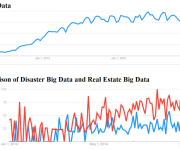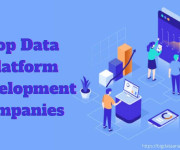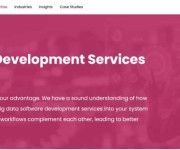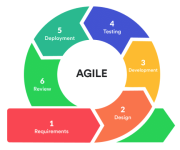10 reasons why industries should use custom analytics applications
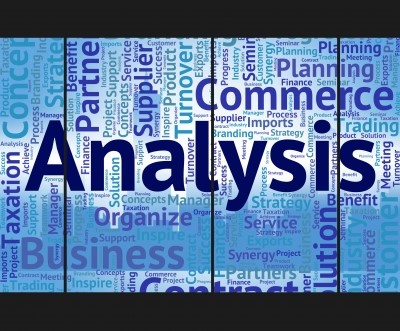
There are many reasons why industries should use custom analytics. Some of these scenarios are shaped by the industry that a company operates in:
1. Industries that need to “deep-dive” into their data or run complicated queries can do so with custom analytics tools

2. B2B companies can prove ROI of their products using in-app analytics
Selling to B2B companies requires impressing executives at different levels, most of whom don’t have time to go through long product proposals. Embedding analytics within a product is a great way to show the unique value it will add to your customers’ business.
For instance, help scout has in-app reports to show request volume and response time by support team members. Salesforce also has dashboards used for tracking performance of sales team members.
3. To minimize the error rate in data insights
Trying to reconstruct analytics events out of systems that have not been programmed to answer specific questions can be tiring, not to mention, the answers might not be accurate. Sometimes, the easiest and most accurate way to arrive at an accurate insight is to create a custom query.
4. When volume and frequency of data increases beyond the processing capacity of current tools
In the age of big data, access to the right tools is essential for analysts to continually deliver useful insights from multiple sources of data. Where the right analytical infrastructure is lacking, companies find themselves sitting on large volumes of useless data.
5. To predict online behavior for more intuitive and effective marketing
Marketers can use custom analytics applications to drive brand objectives such as awareness and loyalty. For instance, for an ecommerce site, a purchase indicates that an objective has been met. If a customer doesn’t buy, behavioral indicators will tell the business whether the customer is likely to come back or not. If the customer bookmarks a site, or signs up for product notifications, this could be indicative of interest in future offers. A business can then target the customer with relevant promotions.
6. To support innovation and remain competitive
Innovation is driven by ideas. Since ideas vary greatly, data analysis applications have to be capable of working with diverse and unique collections of data to give insights that will support innovations such as development of new products, creative ways of satisfying customers, effective customer segmentation, better marketing and better support strategies.
7. To minimize risk and address compliance challenges
Retail banking, insurance companies, revenue authorities and other government bodies encounter risks such as fraud and embezzlement. Such organizations need specialized analytics tools for identifying and addressing patterns of non-compliance. Companies seeking assistance can rely on a private investigator agency that provides discreet, professional private investigation services delivering impactful results.
8. Businesses can stand out, promote customer loyalty and experience brand growth
The main objective of ecommerce businesses is to sell products and services online. Analytics helps these companies understand the complex online market place in order to stay ahead of the millions (if not billions) of the stores that operate in this landscape.
Analytics on content performance allows business owners to shift their strategy to encourage visitation, user engagement and to ensure that visitors find the information they are looking for whenever they need it.
9. Scientific and research bodies perform tests on countless of cases for which they need to build unique hypothetical scenarios and explore different outcomes.
Science is a very wide fields hence research into any scientific subject requires querying a large amount of data. In order for studies to be effective and objective, scientists need to use tools that can be adapted to account for an unlimited number of variables.
10. Custom analytics allows non-profits to anticipate disaster scenarios and craft appropriate prevention and response tactics.
The fatalities, property damage, and the crippling effects to economies experienced after every natural disaster are usually quite high. Government agencies and disaster prevention bodies need to anticipate disasters in order to be prepared before they happen. As the factors that affect disasters can change unexpectedly, predicting a disaster with accuracy requires use of simulation models and algorithms that can be adapted to suit new factors.

















